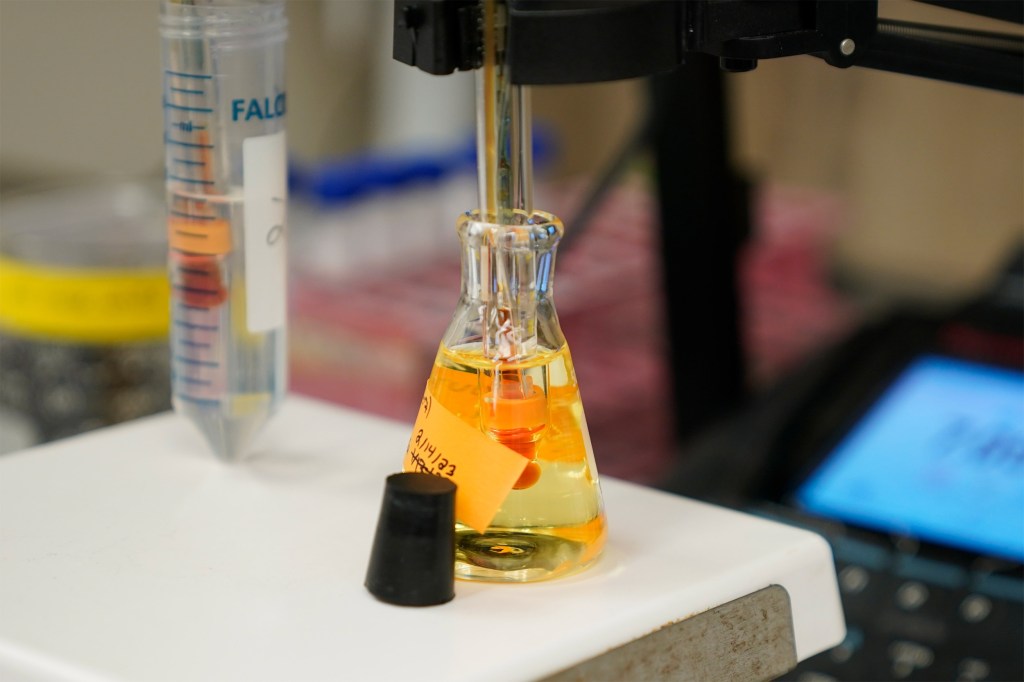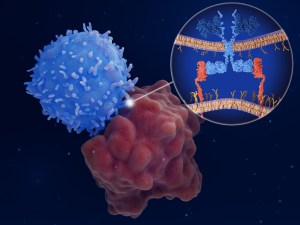Science & Tech
-
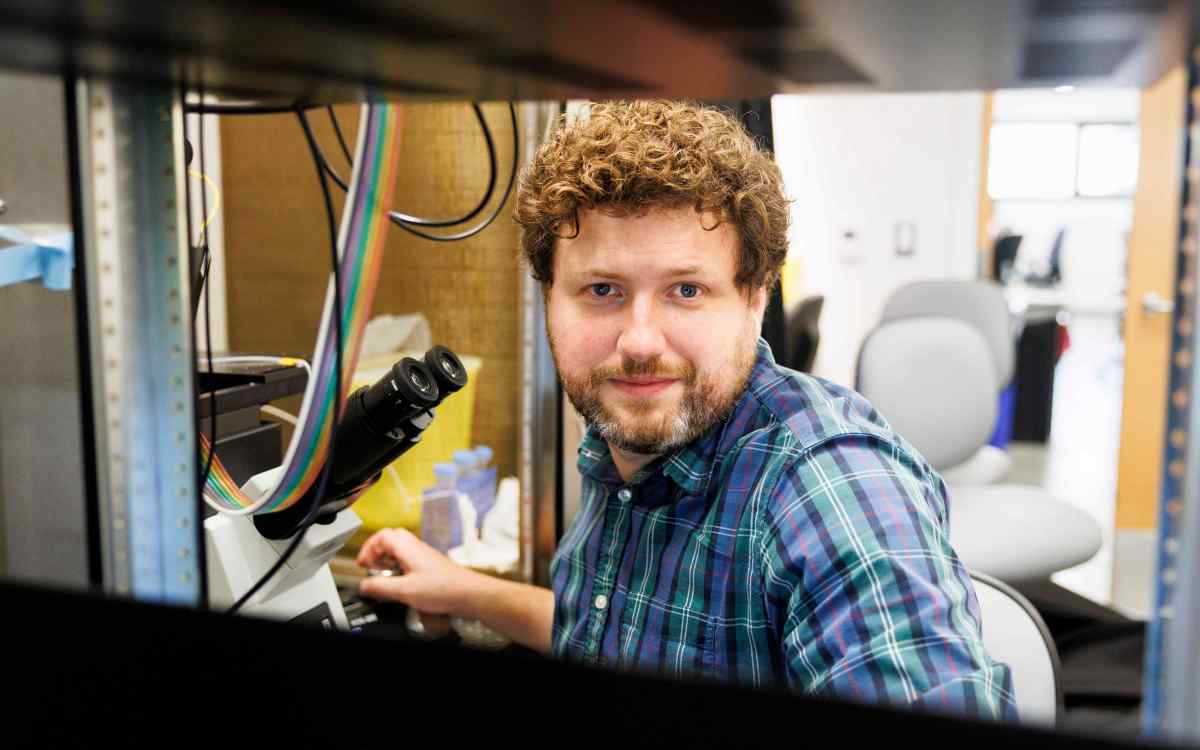
Stealing a ‘superpower’
Study finds some sea slugs consume algae, incorporate photosynthetic parts into their own bodies to keep producing nutrients

-

Reading skills — and struggles — manifest earlier than thought
New finding underscores need to intervene before kids start school, say researchers

-
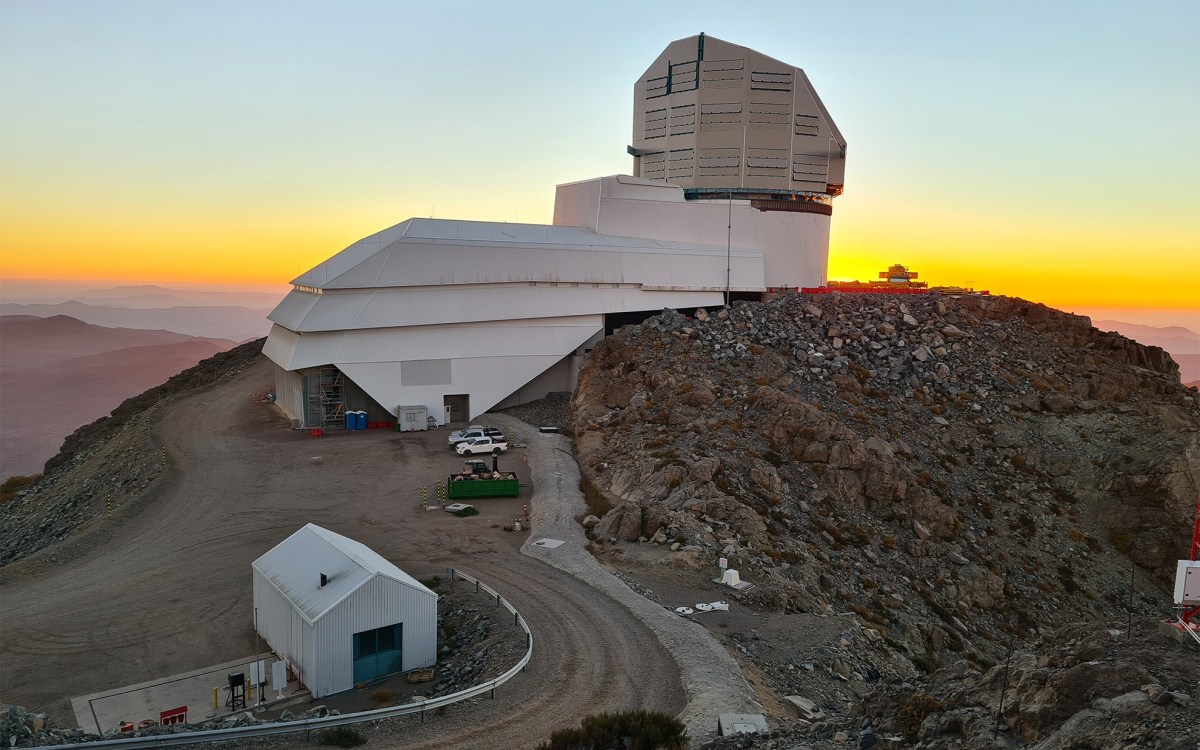
Shining light on scientific superstar
Vera Rubin, whose dark-matter discoveries changed astronomy and physics, gets her due with namesake observatory, commemorative quarter
-
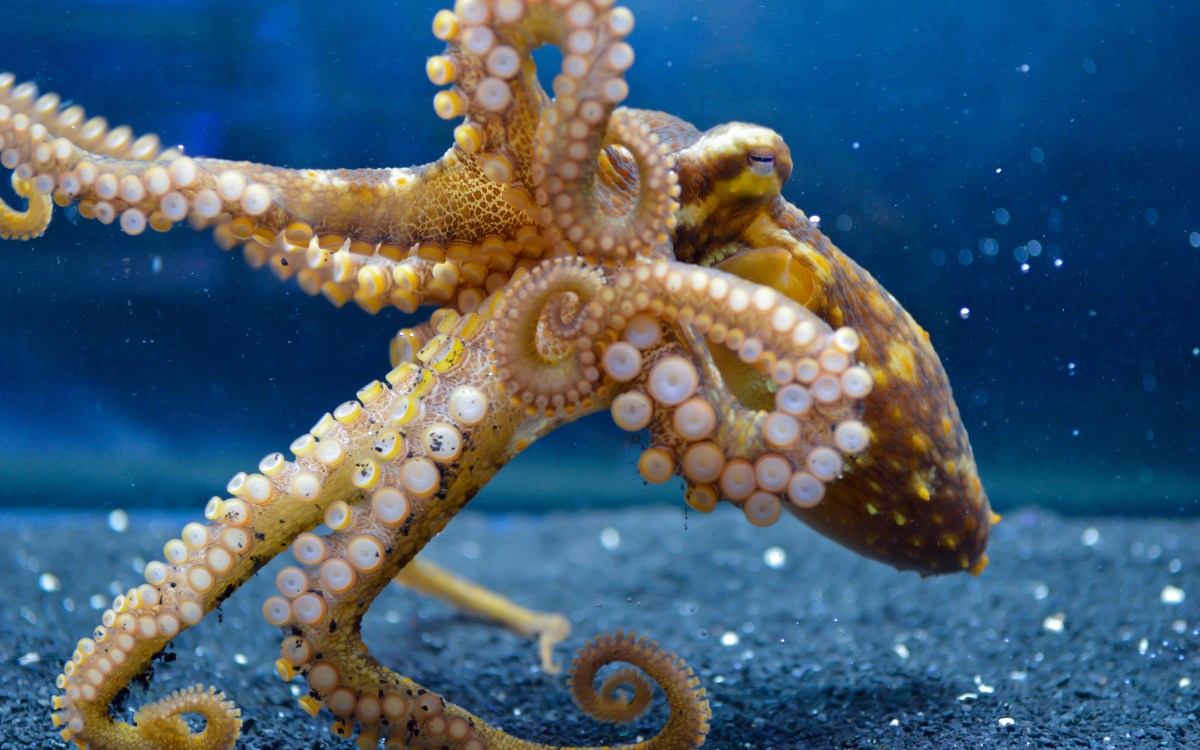
A taste for microbes
New research reveals how the octopus uses arms to sense chemical clues from microbiomes

-
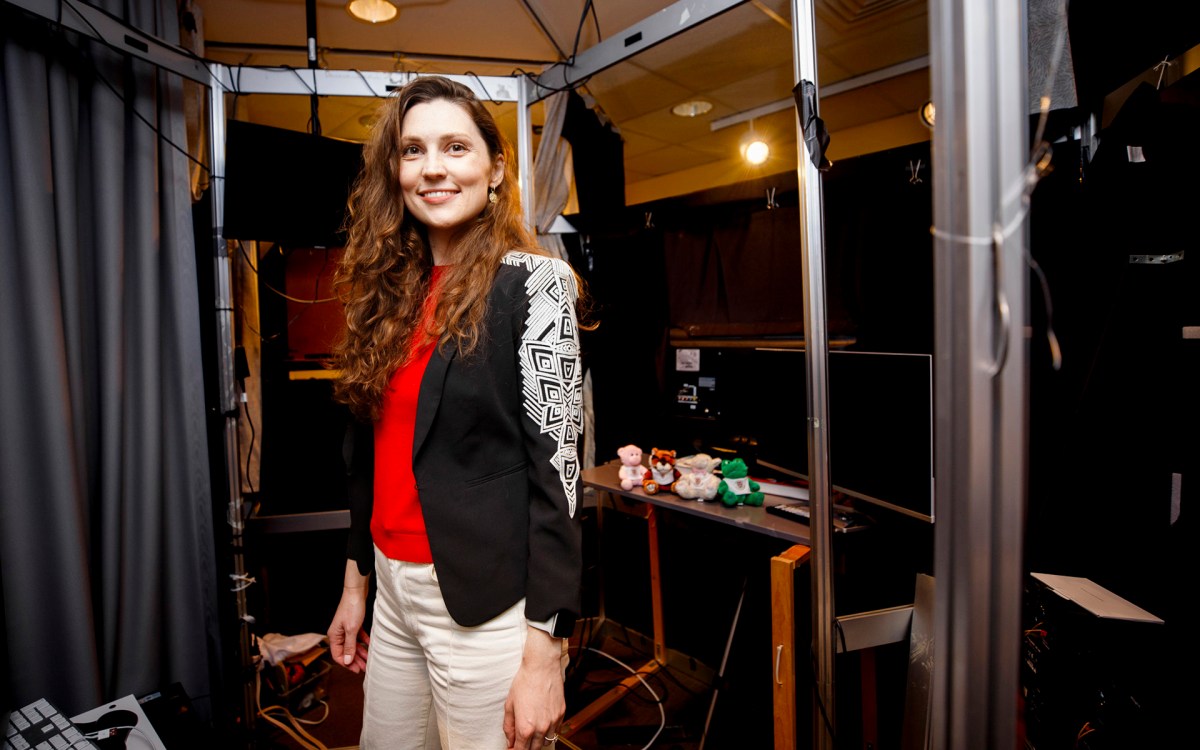
Out of sight but not out of mind
By 15 months, children can learn the names of objects they’ve never seen

-
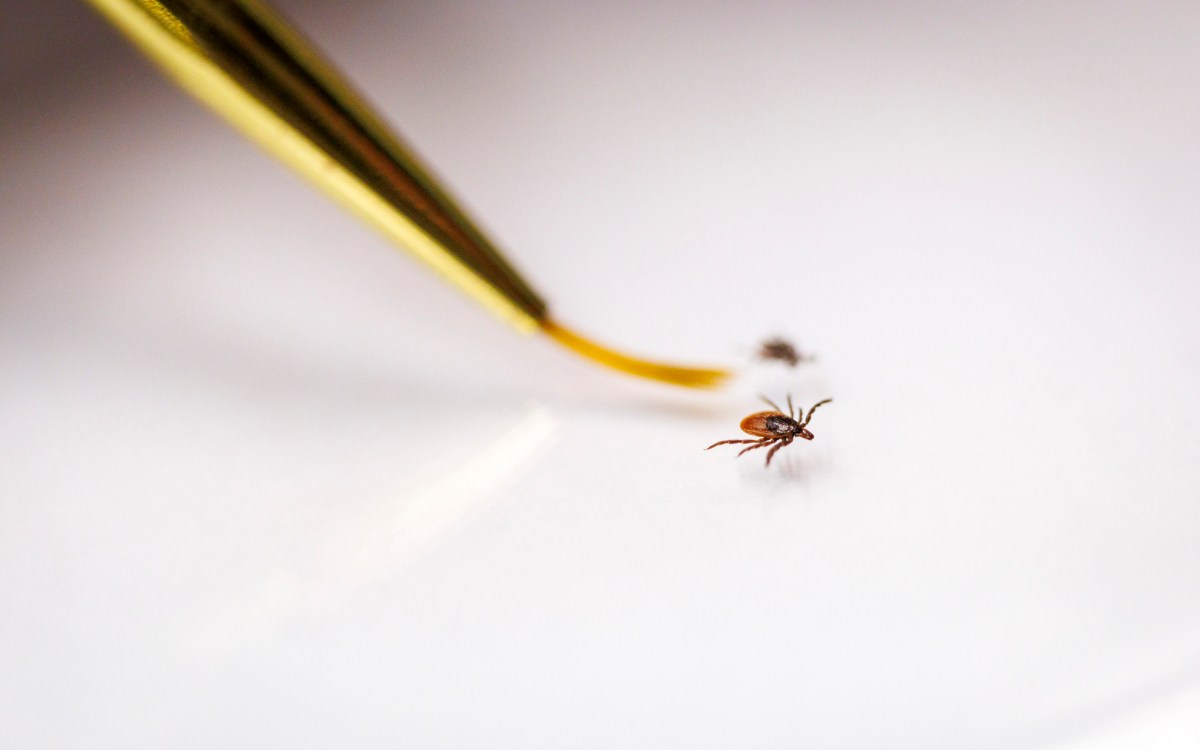
A step in fight against tick-borne disease
New molecular method differentiates sexes, reveals whether females have mated
-
Cellular atlas guides new understanding of brain
New technology gives voice to pathologic changes in neurodegenerative illnesses like Alzheimer’s and epilepsy.
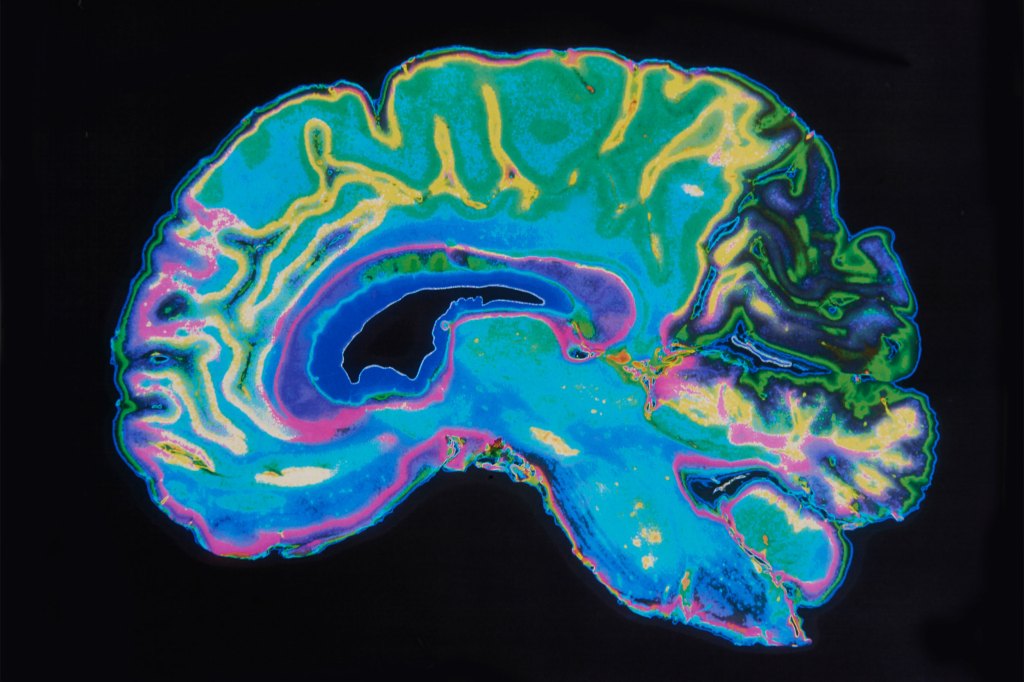
-
Who will fight for the frogs?
Indian herpetologists bring their life’s work to Harvard just as study shows a world hostile to the fate of amphibians.
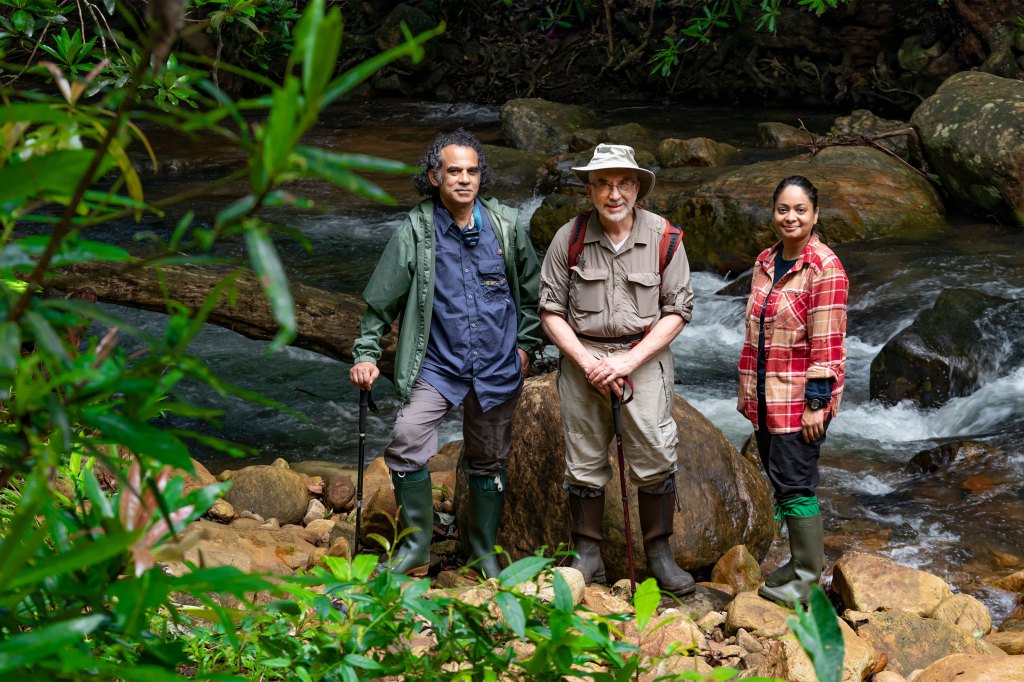
-
When future weather outside is frightful — hot, that is
At the “Future of Cities” event, panelists explained how rising temperatures will impact different economic levels in various parts of world.
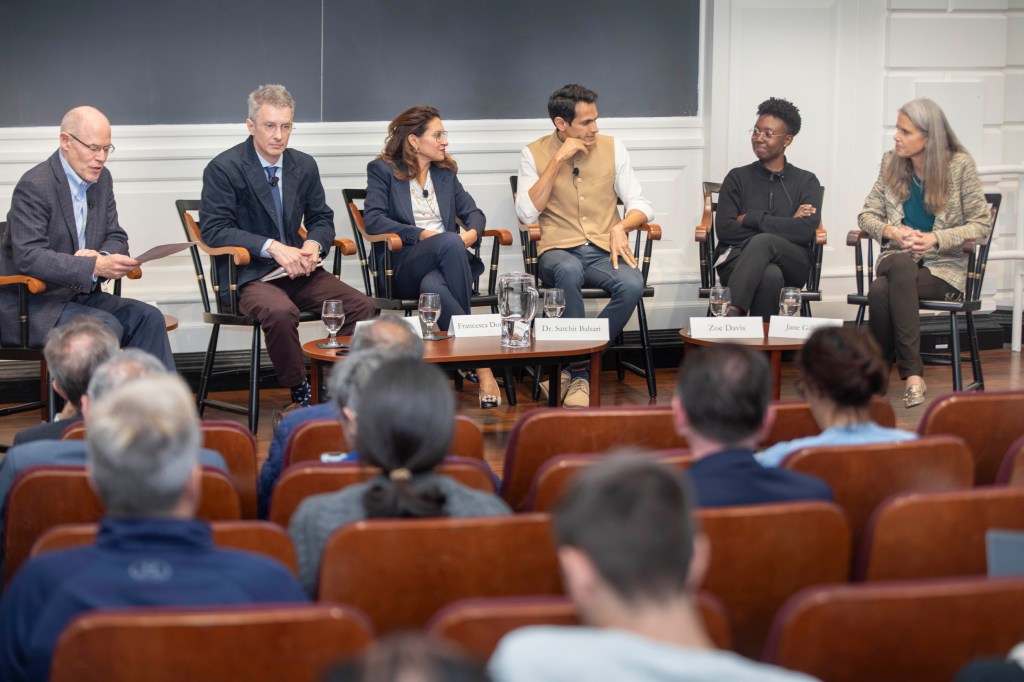
-
A DEEPer (squared) dive into AI
Machine learning techniques give scientists faster returns of high-quality organ images.

-
More solar energy needed, but clearing forests for panels may not be way to do it
Harvard-led analysis suggests incentives to save carbon-absorbing trees, siting projects on rooftops, developed areas.
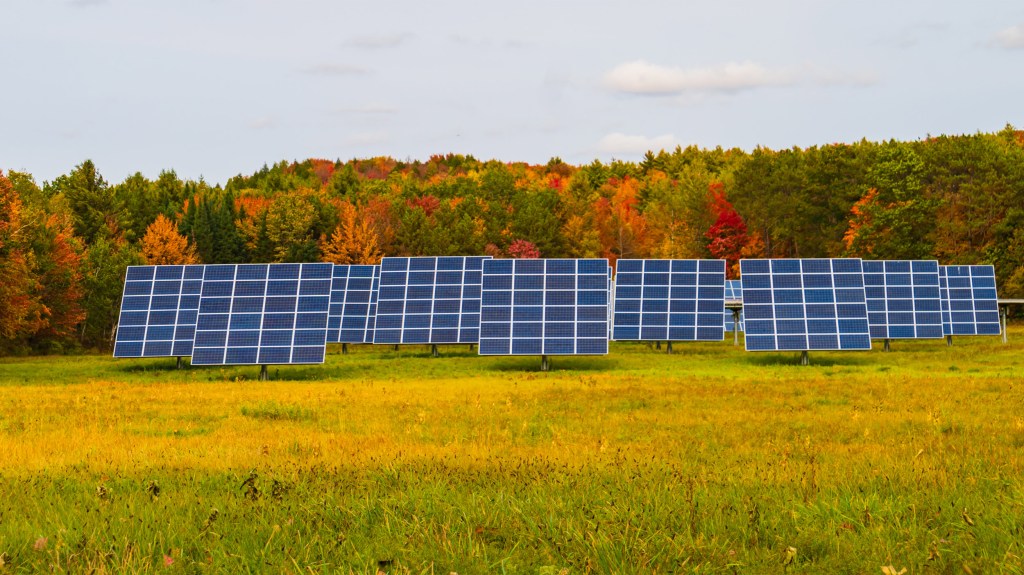
-
Self-correcting quantum computers within reach?
Harvard team’s method of reducing errors tackles a major barrier to scaling up technology.

-
Staying ahead of virus mutations
EVEscape uses evolutionary and biological information to predict how a virus could change to escape the immune system.
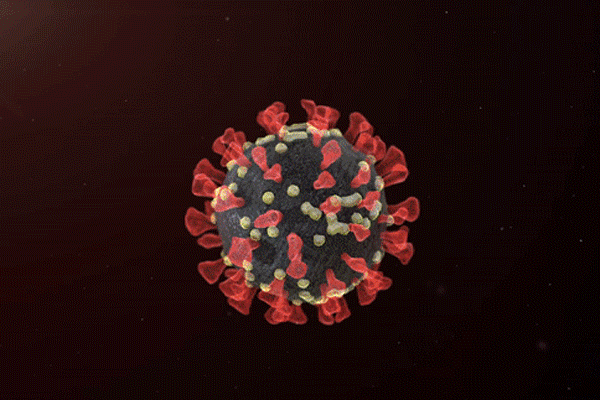
-
Finding explanation for Milky Way’s warp
The Center for Astrophysics | Harvard and Smithsonian’s results bolster hypothesis of how galaxy evolved.
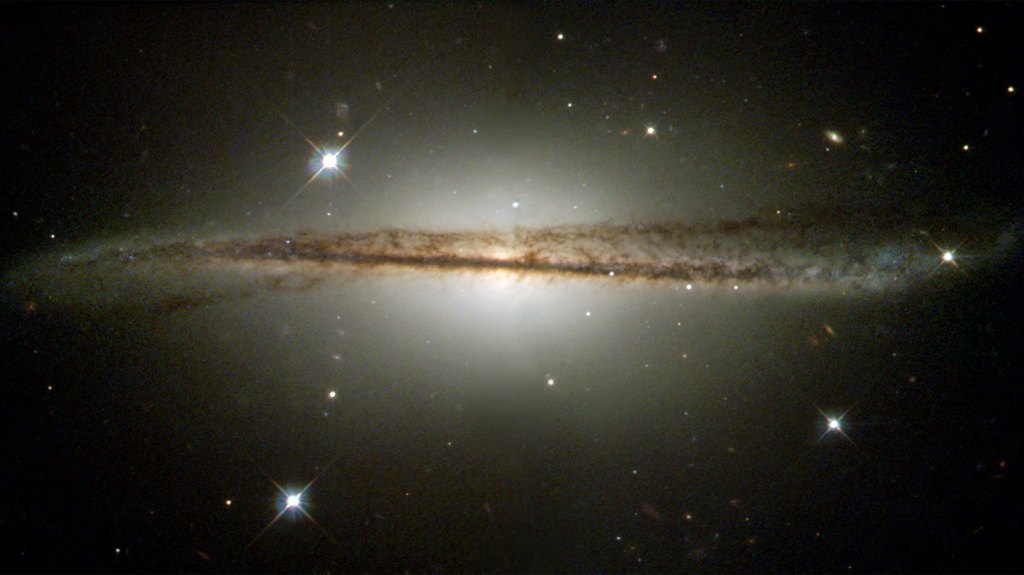
-
Human brain seems impossible to map. What if we started with mice?
Harvard-led project seeks to create the first comprehensive diagram of every neural connection.
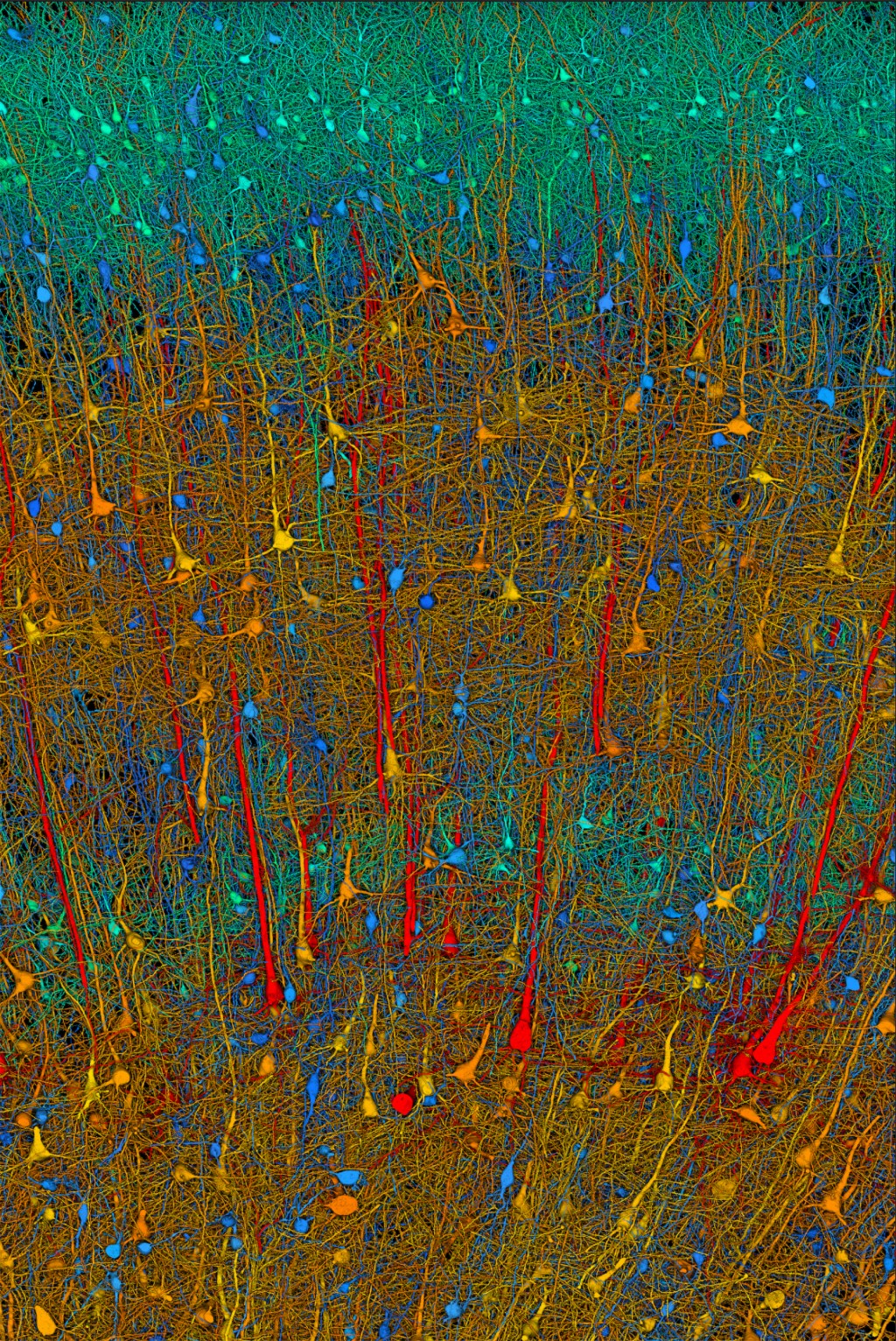
-
On the road to smoother EV charging — and hopefully, greater adoption
New Salata Institute-led program aims to grow, improve infrastructure for longer trips, those who can’t charge at home.
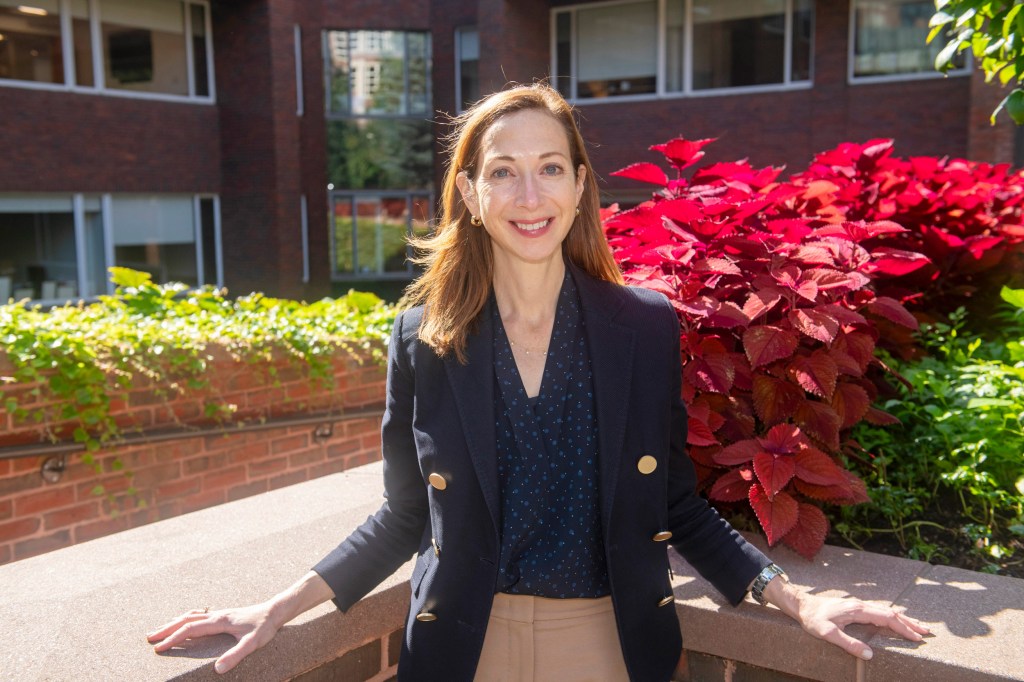
-
A COVID cure worse than the disease?
Some worry a treatment that kills SARS-CoV-2 by helping it mutate could spawn a super virus. New research weighs in on its “evolutionary safety.”

-
14 projects confronting climate change win Salata Institute grants
Plant-based buildings, greener AI, and a national agroforest are just a few of the solutions researchers are teaming up to explore.
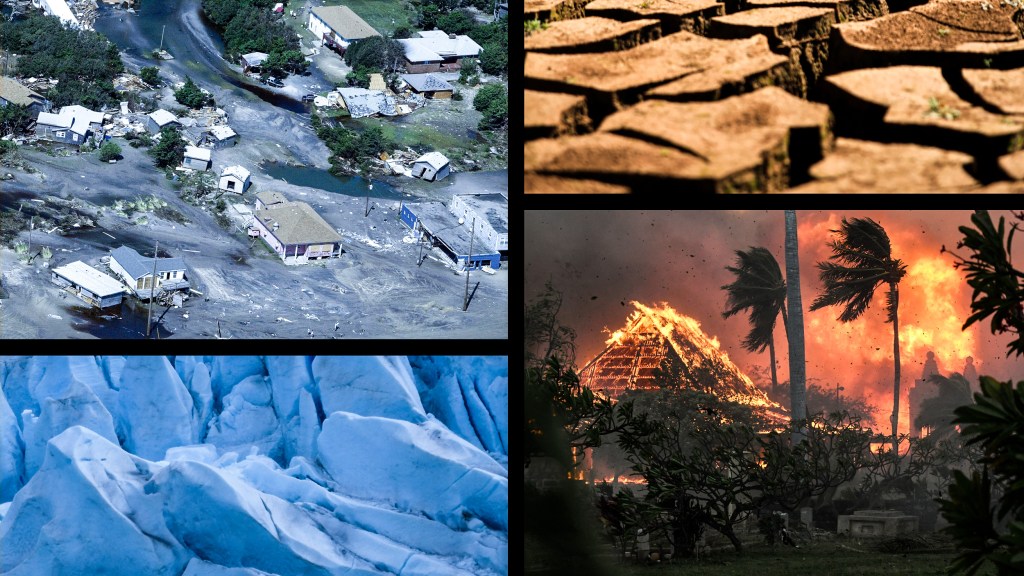
-
Wildfires are much worse than a sign of climate change
Loretta Mickley, a Harvard wildfire expert, says wildfires are not just a symptom of climate change, but with the increased burning of millenia-old global peat stores, have the potential to worsen warming.
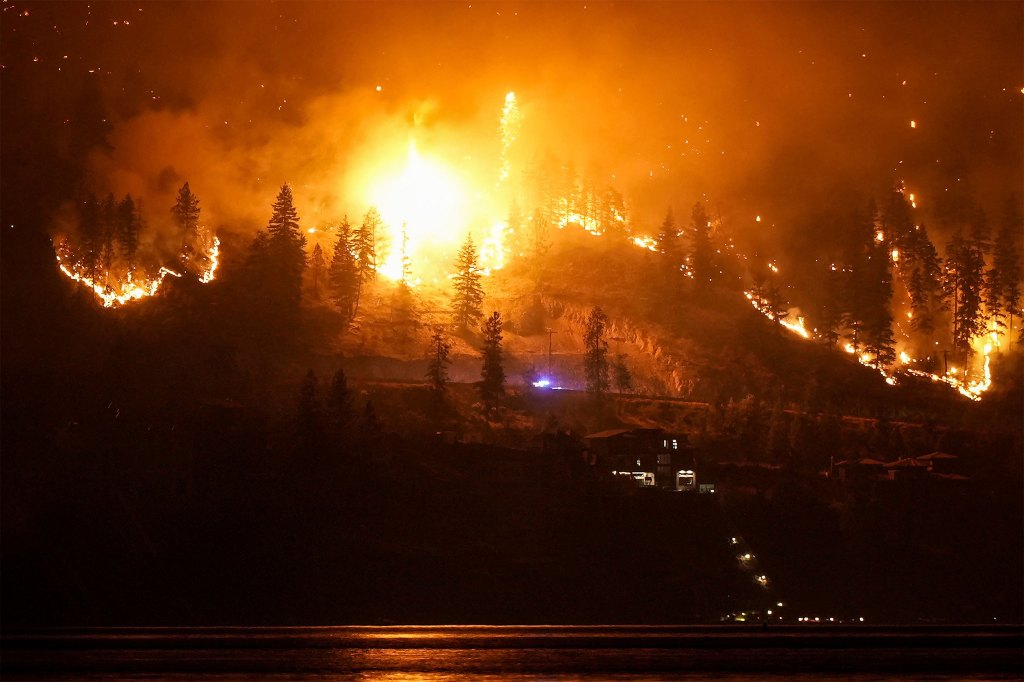
-
Science no longer intimidates her. Neither do sharks.
Summer research program breaks down barriers for undergraduates with disabilities.
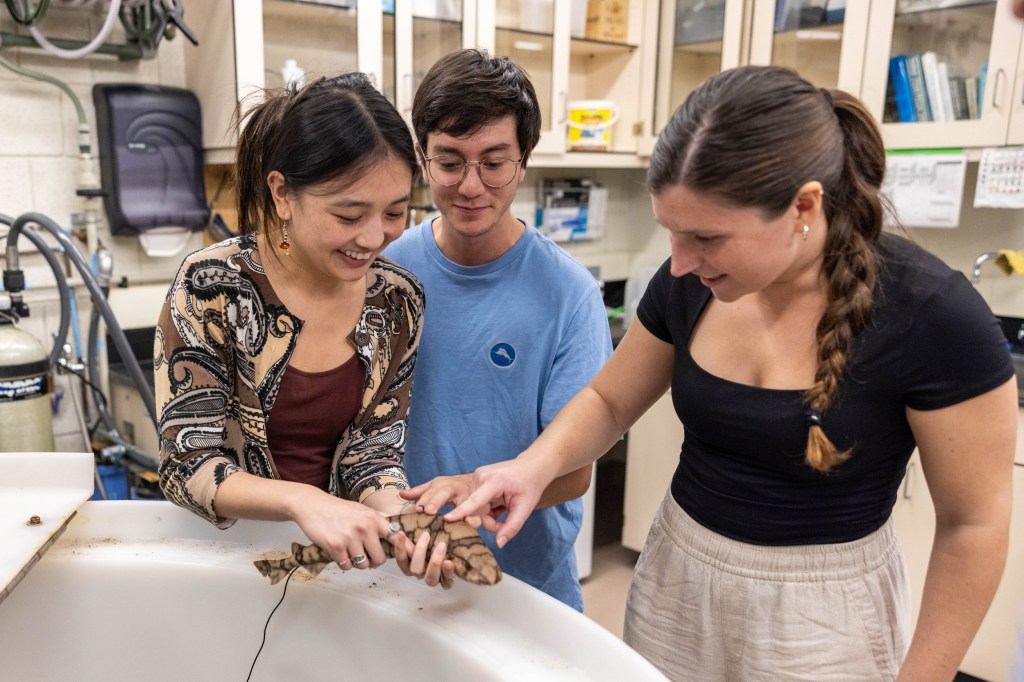
-
After capturing image of black hole, what’s next?
New Center for Astrophysics mission aims for closer look at photon rings and insight into nature of space and time.
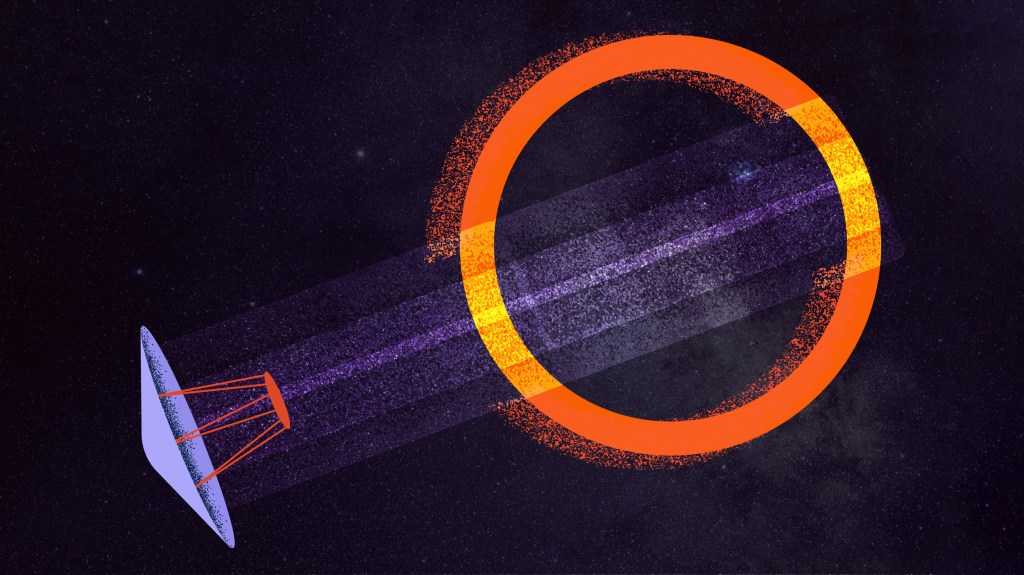
-
Climate change, global hunger: What to do?
Black holes, warming seas, new treatments for disease. Understanding the context — not to mention the technical jargon — can be a challenge.
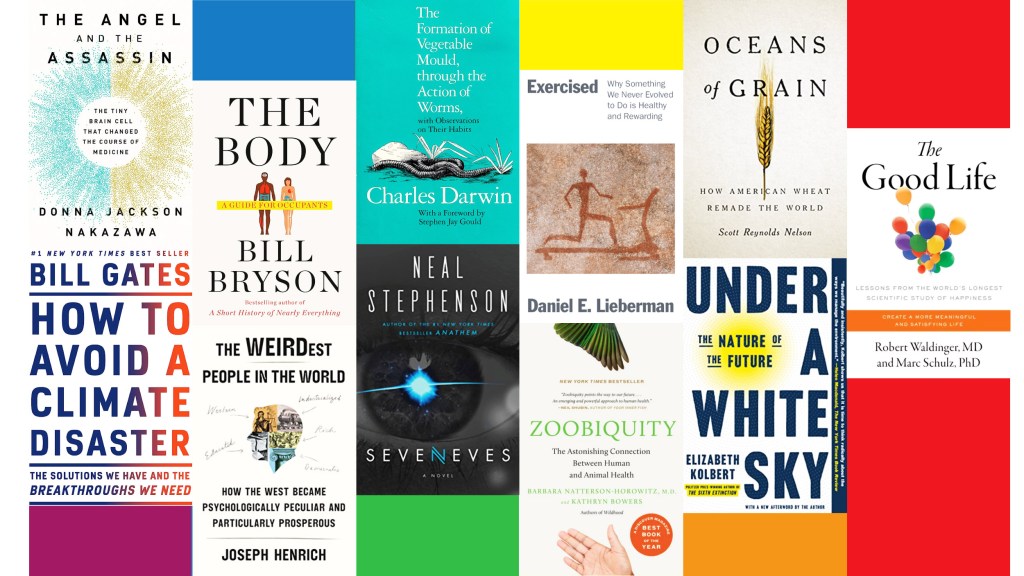
-
Making the immense graspable
A talk with Andrew Pontzen, author of “The Universe in a Box: Simulations and the Quest to Code the Cosmos.”

-
In the doghouse — at the White House
Reports surface of aggressive behavior but canine expert says there may be understandable reasons.
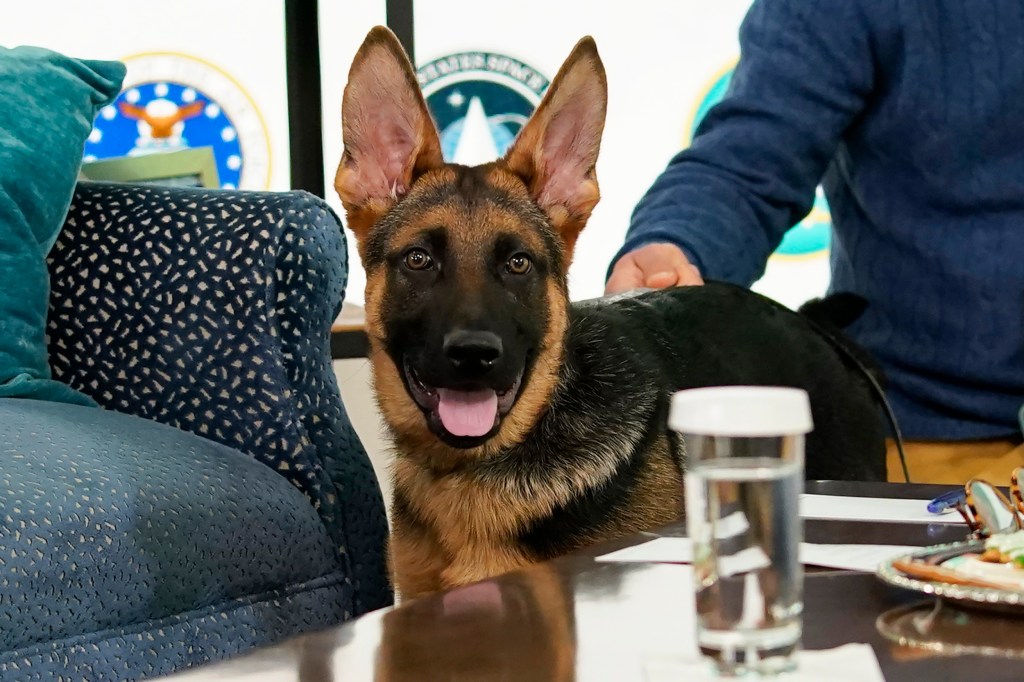
-
Can you be close without sex?
Healthy intimate relationships vary but share one key feature, says psychologist

-
Making algorithm used in AI more human-like
Researchers used fMRI to test ideas about complex decision-making.
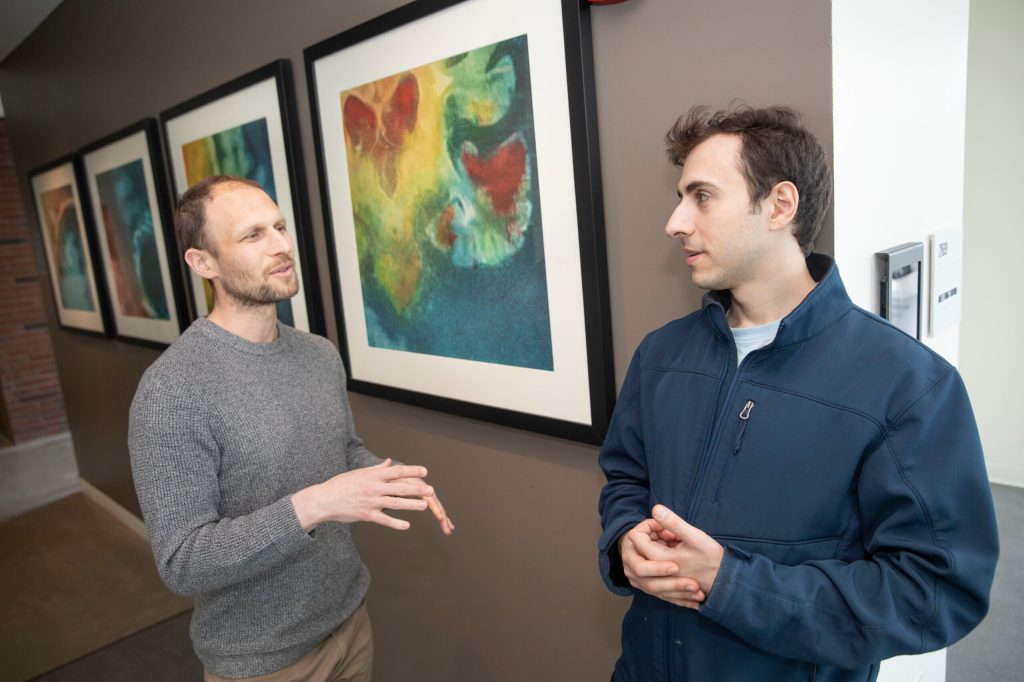
-
Life on Mars?
A study of magnetic fields suggests the Red Planet held water for longer than previously believed.
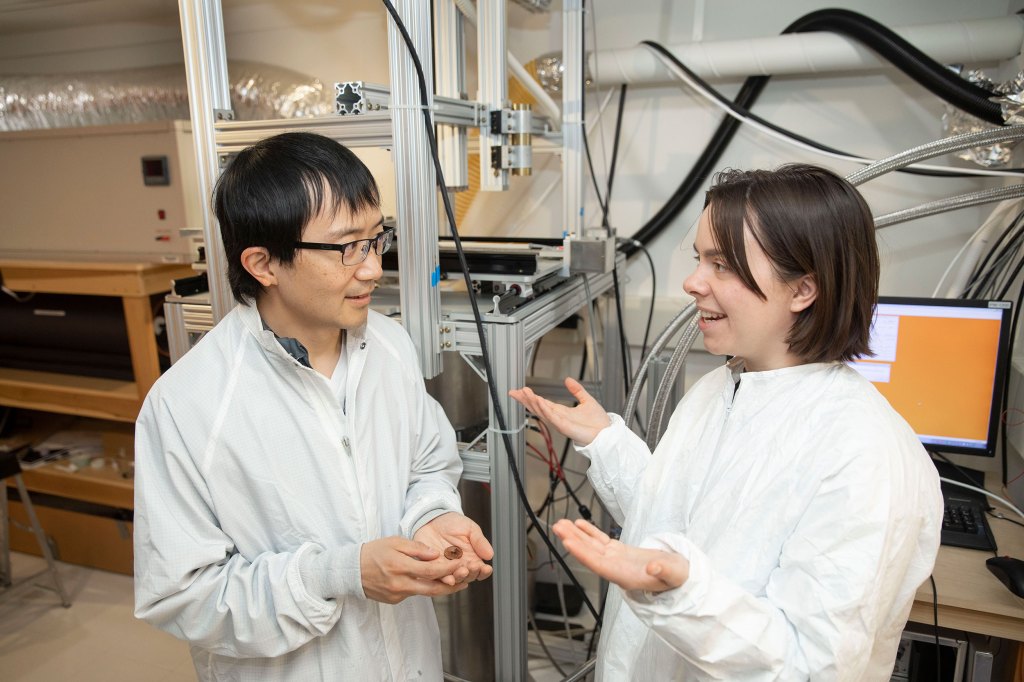
-
500-million-year-old fossil reveals new secrets
A new discovery, named Megasiphon thylakos, offers surprising insights on the evolution of tunicates.
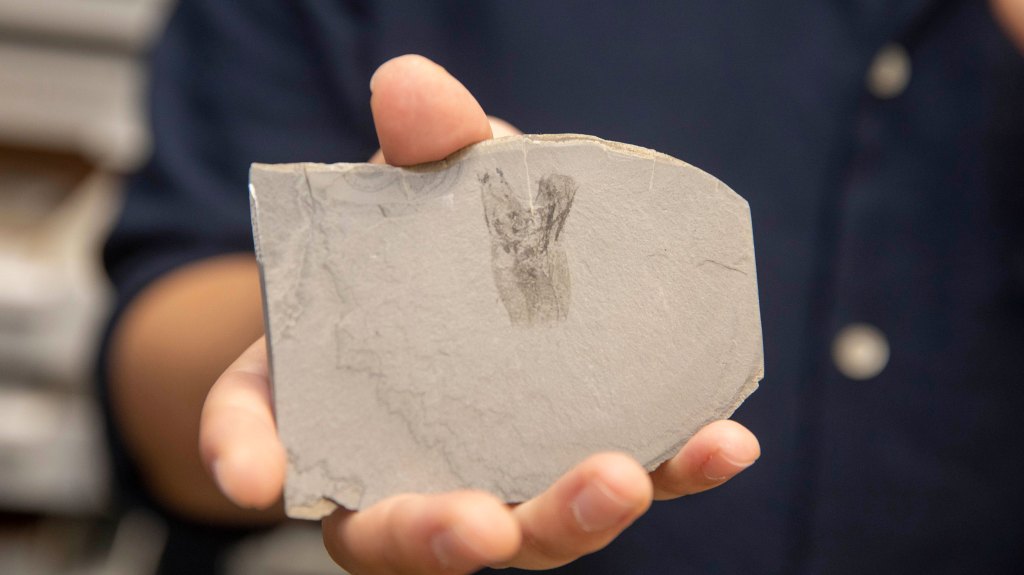
-
5 reasons you crack under pressure
“Managing Conflict Mindfully” author outlines why even experts get in their own way sometimes, and how to stop.

-
Using light to make electrons even more energy efficient
A team of researchers was able to generate electron spin domains without the need of magnetic fields on perfectly ordered materials at extremely low temperatures.
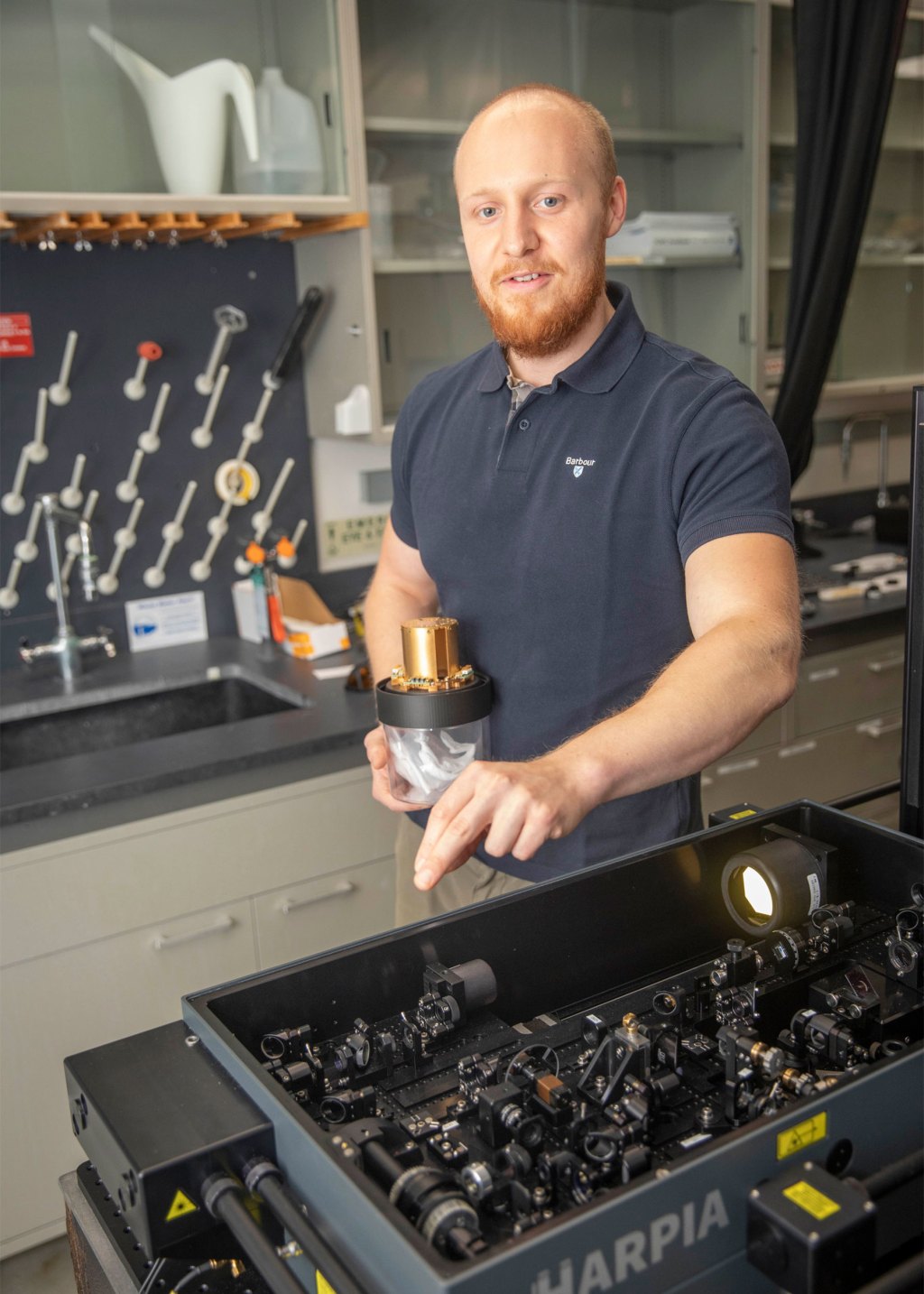
-
Fighting fire with fire
A study found that controlled burns in key areas of the U.S. West could drastically reduce smoke exposure
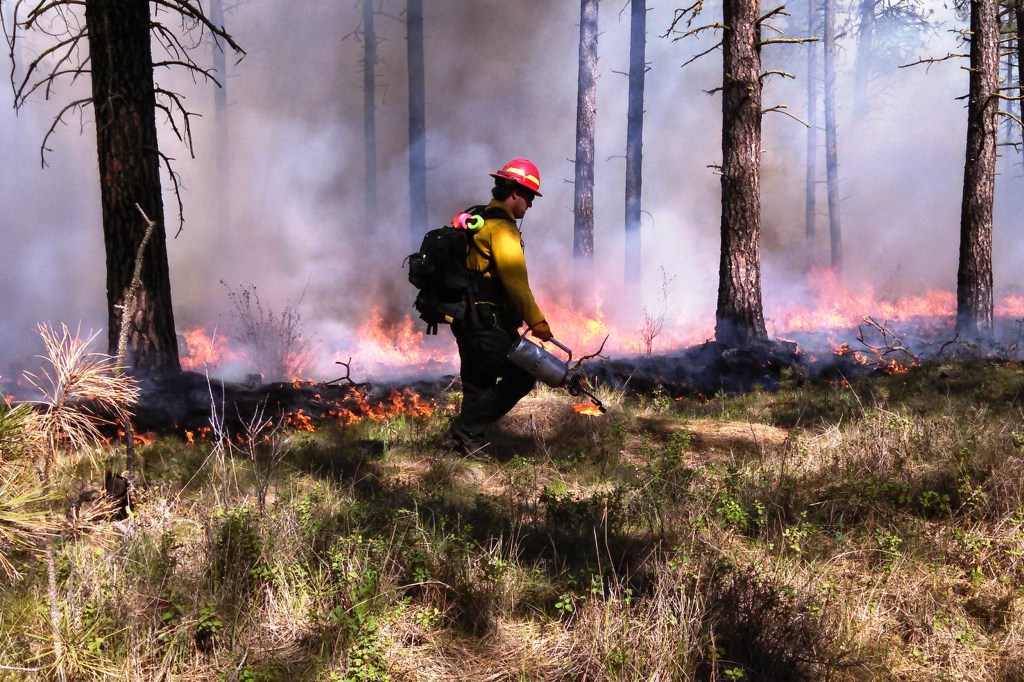
-
‘Moral breakdown is a fake problem’
In new study, experimental psychologist takes on the stubborn perception of declining morality.

-
In the thick of it
Scenes of smoke-blanketed Northeast likely to repeat, one expert says. Another offers advice for reducing harm to health.
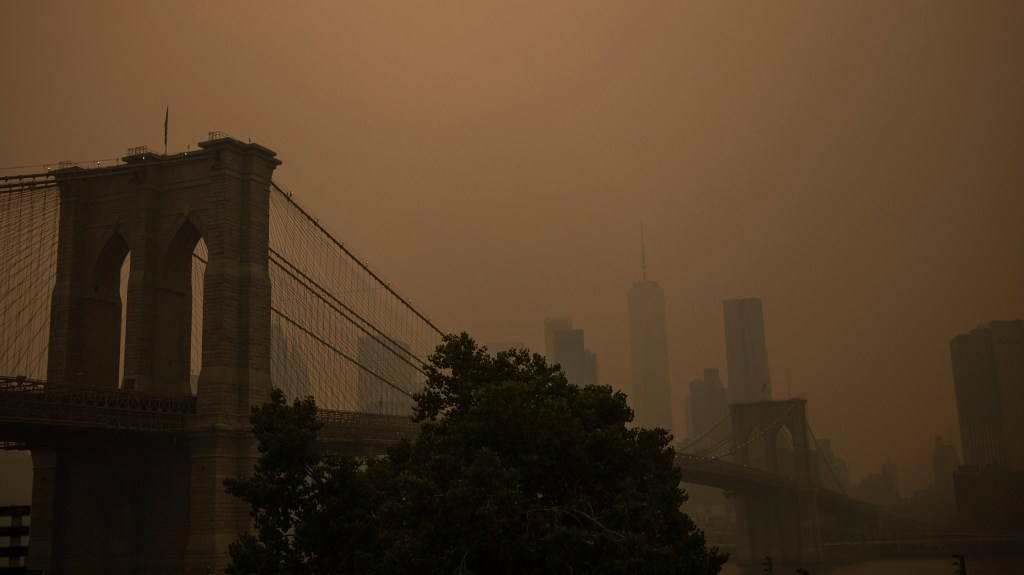
-
Why there might be life out there unlike any on Earth
Researchers create synthetic species without biochemistry, find they operate according to Darwinian evolutionary principles.
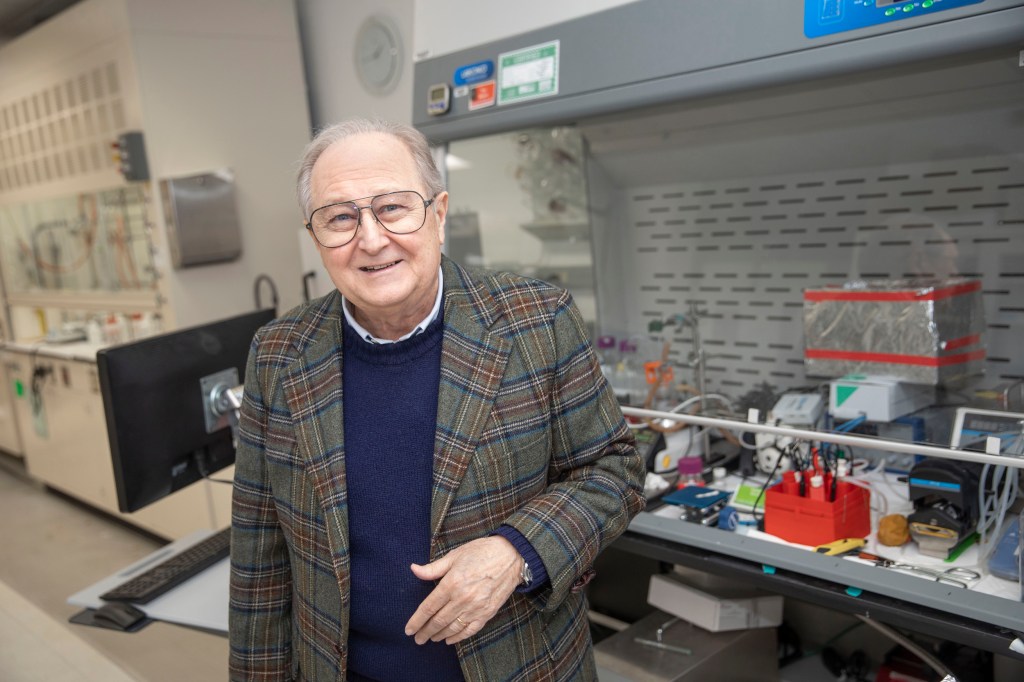
-
What drives four future climate leaders
Seniors represent diverse backgrounds, concentrations, and perspectives on finding real-world solutions to complex, mounting crisis.
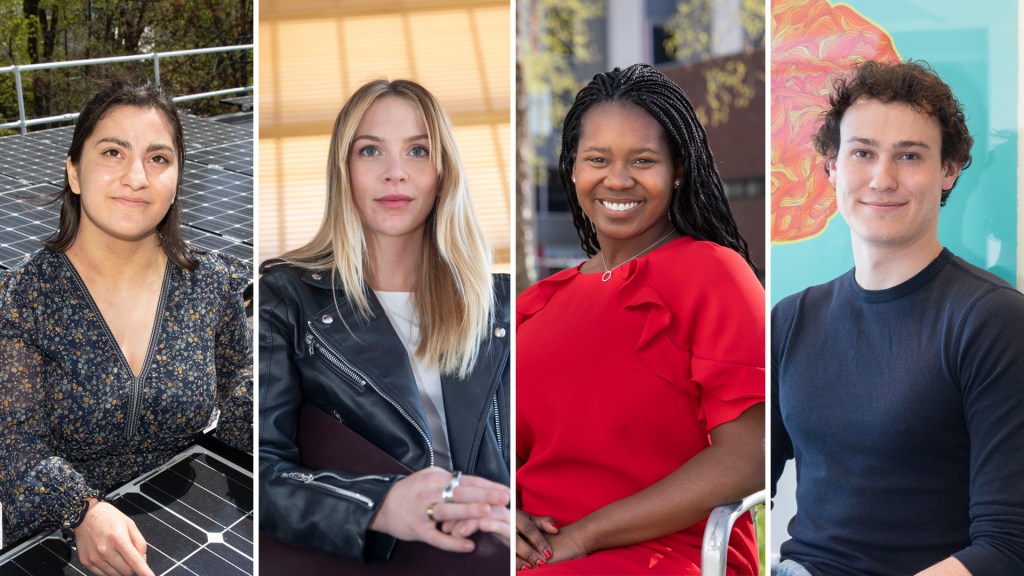
-
EPA’s new rules on forever chemicals don’t go far enough, study suggests
Harvard-led team finds standards don’t account for major source of drinking water contamination.
